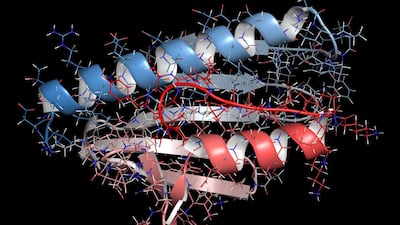ADVERTISEMENT
Rare Diseases

Ipsen rare diseases head Jennifer Schranz talks to In Vivo about why women are especially susceptible to a “diagnostic odyssey,” and how the company is working to find and treat female zebras.

A court order encompassing funding, drug pricing, clinical trials and overall policy implementation aspects is expected to cause a paradigm shift in the treatment of rare diseases in India. Sarepta, Roche and Sanofi are among the companies that have been part of pricing discussions.

Trevor Martin talked to In Vivo about the importance of sharing a strategic vision with partners, the company’s superpower, and how a PhD is the best prep for a startup.

A court order encompassing funding, drug pricing, clinical trials and overall policy implementation aspects is expected to bring about a paradigm shift in the treatment of rare diseases in India. Sarepta, Roche and Sanofi are among the key players that have been part of pricing discussions.

At the advisory committee review of Stealth’s Barth syndrome treatment elamipretide, Office of New Drugs Director Peter Stein clarified the circumstances where clinical data in a related indication could serve as confirmatory evidence for a single adequate and well-controlled study.

Meeting the regulatory gold standard for drug candidates in ultra-rare diseases can be impractical, a regulatory expert says, but greater collaboration and shared insights from regulatory reviews could help find a viable path forward.

Members of the Cardiovascular and Renal Drugs Advisory Committee repeatedly challenged Stealth’s assertion that a new randomized trial in Barth syndrome was not possible, but also said potential functional unblinding and other challenges could compromise a new study.

The Cardiovascular and Renal Drugs Advisory Committee voted 10-6 that efficacy had been shown for the ultra-rare disease, but even panelists in the majority questioned whether the product satisfied the threshold requirement for an adequate and well-controlled study.

While vatiquinone may have missed its primary endpoint in a Phase III trial, PTC is ready to file the drug for the debilitating, life-shortening disorder after showing that it slowed disease progression over 144 weeks.

With more advanced therapies gaining approval, companies at ARM’s Cell and Gene Meeting on the Mesa considered hurdles to making their products more broadly available and developing them for larger indications.